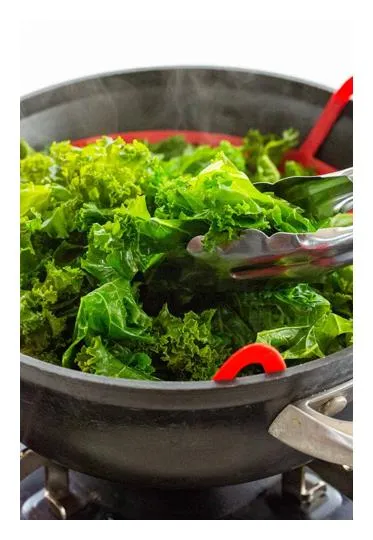
Is Cooked Kale from Raw Keto-Friendly?
As the ketogenic diet becomes increasingly popular, it has left many of us pondering about the potential of our beloved foods. Is it possible to fit them into this nutrition plan which champions high fat and low-carbohydrate intake? The focus of our enquiry today is a green superfood that many of us have a love-hate relationship with — cooked kale. Yes, the leafy green powerhouse rich in antioxidants, vitamins, and minerals that often leaves diners divided. But the star question that is piquing curiosity is: Is cooked kale from raw keto-friendly?
Understanding the Keto Diet
Before delving into the specifics of cooked kale, it's paramount to comprehend the fundamental principles of the ketogenic diet. This dietary approach primarily centers on high fat (accounting for roughly 70-80% of daily caloric intake), moderate protein, and notably low carbohydrate intake (typically below 50 grams of net carbs per day). The objective of this diet? To transition your body into a state called ketosis, where it utilizes fat as its primary energy source, as opposed to carbohydrates.
Nutritional InformationPer (1 Cup (130.0g)):
Per 100g:
| 
Cooked Kale (From Raw) is somewhat keto-friendly. It can be included in a keto diet in moderation. |
Moving on from asparagus, let's dig into the specifics of kale, a leafy green vegetable lauded for its health benefits. Raw kale, once cooked, is incredibly nutrient-dense. In one cup of cooked kale (which is about 130 grams), there are approximately 7 grams of carbs. This number puts cooked kale into the 'somewhat keto-friendly' category. It can be included in a keto diet, but in moderation.
But remember, kale is much more than just its carb content. It is a powerhouse of nutritional value. The cooked vegetable provides an abundance of vitamins, including Vitamin K, Vitamin C, and Vitamin A. In addition, it is rich in minerals such as manganese, calcium, and potassium. Therefore, despite its moderate carbohydrate content, kale's nutritional bounty can make it a valuable addition to a carefully planned ketogenic diet.





